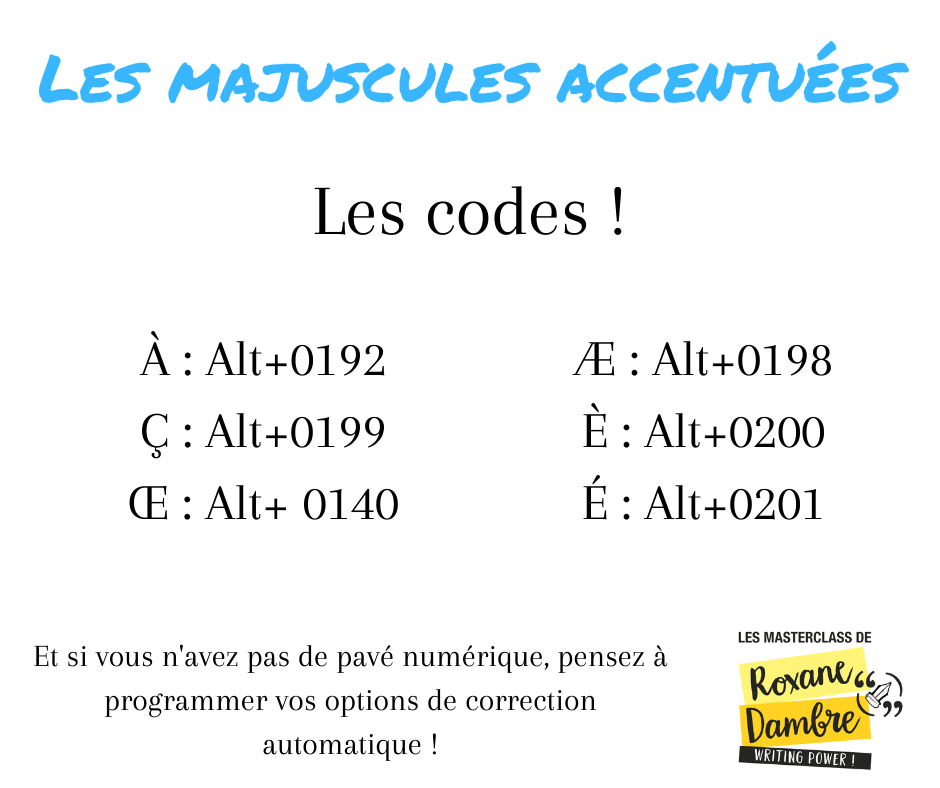

The code you’re looking for should be similar to this: If you can’t remember your username and password that’s okay because they’re stored in your wp-config.php file. You guessed it you’ll need to access your database for a lot of these cleanup options. How to Enter SQL Commands in Your Database Plugins often take up a lot of space in your database so eliminating any unnecessary ones is a great preliminary step toward cleaning house – or rather, database. No matter what the case, it’s a good idea to look through your plugins list every now and again and determine which ones should stay and which ones can be tossed away. I surely can’t be the only one who does this, can I? Perhaps you or one of your clients is guilty of this, too? Or else you install a plugin forgetting you already have a similar one installed. Oops! If you have a lot of inactive plugins listed on your plugins page, like me, you should consider deleting them. I have a secret shame: I like to test out plugins, but too often forget to delete them after I’m done.

One of the easiest and often most effective ways to reduce the clutter in your database is to delete any plugins you aren’t using. If you’re not sure how to create a backup of your entire site, check out out posts: How to Backup Your WordPress Website (and Multisite) Using Snapshot and Backup Plugins Aren’t about Backing up, They’re about Restoring. Keeping an extra copy of your site handy can help you restore everything in a flash in case things get messy. Sometimes things can go wrong seemingly out of the blue. Basic Housekeepingīefore you get stuck into spring cleaning, it’s important to ensure you backup both your database and your site’s files. So grab your mop and bucket and let’s get started. We’ll also look at tips for single and Multisite installations. In today’s post, we’ll look at several ways you can keep your database squeaky clean with simple SQL queries, as well as plugins.

Your database may be full of unnecessary tables that, inevitably, make your site sluggish and bloated.ĭoing regular cleanups allow you to reduce the size of your database, which means you backup files will be quicker and smaller. If you’ve been using WordPress for a while, chances are your site is due for a clean up.


 0 kommentar(er)
0 kommentar(er)
